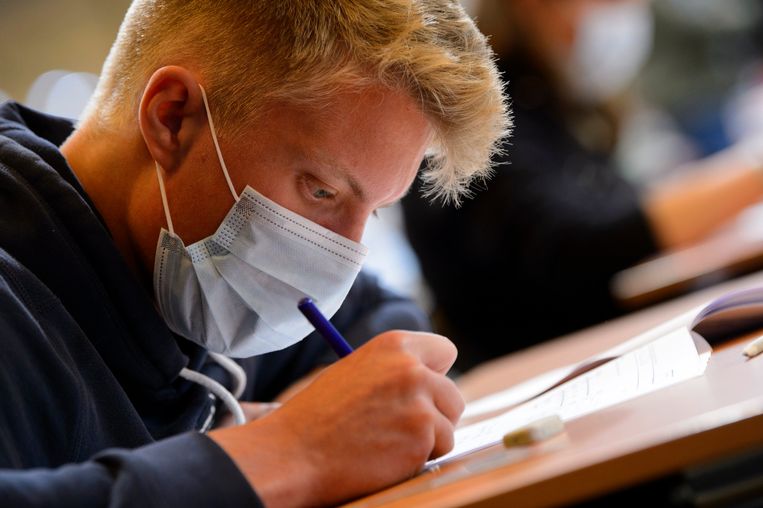The university of Ghent has scrapped the exam results of 400 students after it was discovered that fraud had taken place in the exams concerned.
The problem arose in four papers set for the first year of the course in civil engineering. Students are alleged to have communicated with each other online using Google Documents and Facebook Messenger to send each other the answers to questions.
Because of the protective measures still in place to combat the spread of the coronavirus, the department decided to replace the exam in probability theory and statistics with four online tests.
Then, during the fourth of the tests, the university received a warning that cheating had occurred, with students sharing correct answers using online channels.
After closer examination of the evidence, the university sent an email to the students who had taken the tests informing them that the fraud and the extent of the fraud had made it clear that the results of the test could not be trusted, and that all four tests were declared invalid.
The tests will now be replaced by the examination they originally replaced. In addition, an online test in physics will also now be replaced by an exam to take place on campus.
Students who did not take part in the fraud but are still being penalised have reacted with disappointment.
One told Het Laatste Nieuws, “It is ridiculous that all of the students are being punished for the actions of a large group. I've heard that there were 50 to 80 students in that Google Document, and two hundred people in the Messenger group. They could punish only them, but instead the board of examiners chooses to punish everyone, including students who did nothing wrong.”
Those students responsible for organising the fraud will be sanctioned, being given zero out of 20 for the tests and being excluding from any resits.
“This is a warning,” the university said. “We are now particularly vigilant with online evaluations. If this happens again, we will not be so lenient.”
Rector Rik Van de Walle expressed outrage at the fraudsters. “I hope in the coming weeks and months those students will not only be bent over their laptops and keyboards, but will also look in the mirror and ask themselves: what am I here for – to learn something, or to screw things up, including my own future?”
Alan Hope
The Brussels Times

